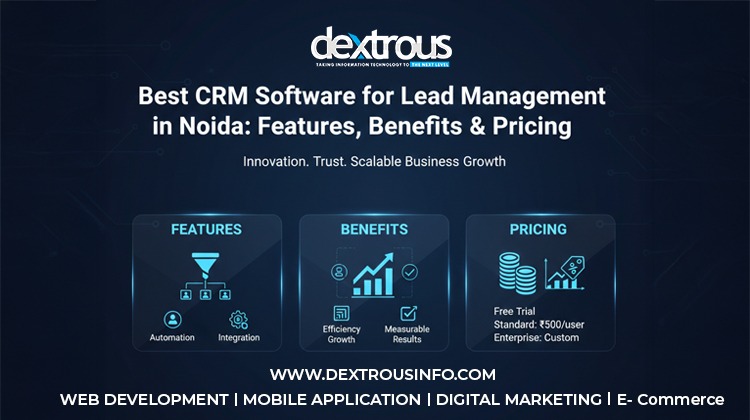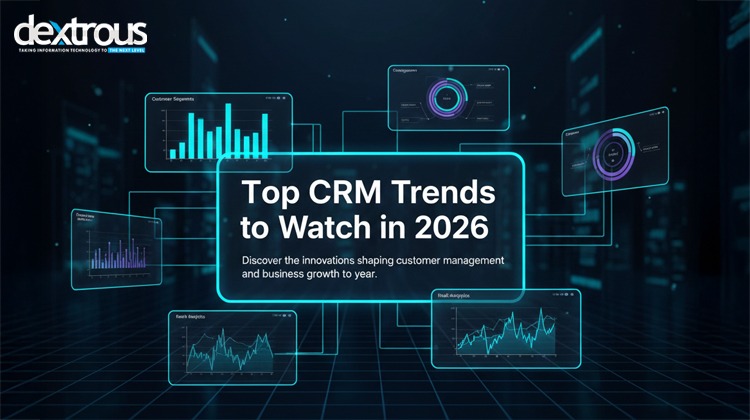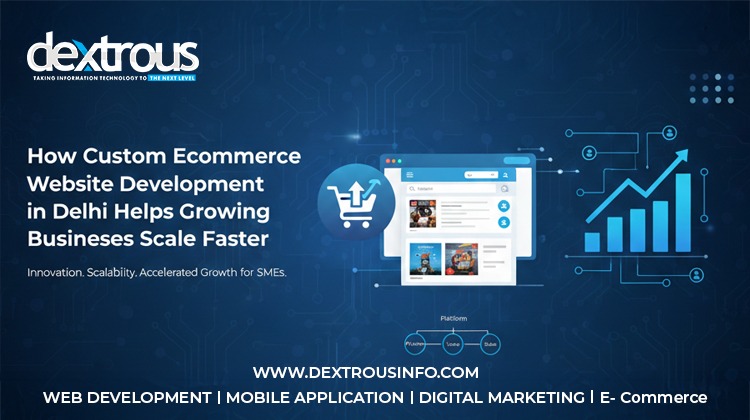Traditional Marketing vs Digital Marketing – Key Differences
In today's fast-paced, technology-driven world, businesses face a critical decision when it comes to marketing strategies: traditional marketing or digital marketing. The choice between these two approaches can significantly impact a company's ability to reach its target audience and achieve its marketing goals. In this article, we'll explore the key differences between traditional marketing and digital marketing and their relevance in the modern business landscape.
Traditional Marketing:
Print Media: Traditional marketing relies on print media, including newspapers, magazines, brochures, flyers, and billboards. This approach targets a broad audience but lacks the ability to personalize messages.
Broadcast Media: Television and radio advertisements are part of traditional marketing. While they provide wide exposure, they can be costly and challenging to measure in terms of effectiveness.
Direct Mail: Direct mail marketing involves sending physical materials like postcards and catalogs to potential customers' mailboxes. It's a targeted approach but can be expensive and less eco-friendly.
In-Person Networking: Traditional marketing also includes in-person networking events, trade shows, and conferences. These can be effective for building relationships but may have limited reach.
Digital Marketing:
Online Presence: Digital marketing leverages the internet to reach a global audience. It includes websites, social media platforms, and email marketing.
Targeted Advertising: With digital marketing, businesses can target specific demographics, interests, and behaviors, ensuring that their message reaches the right audience.
Cost-Effective: Digital marketing is often more cost-effective than traditional methods. Pay-Per-Click (PPC) advertising, for example, allows businesses to pay only when a user clicks on their ad.
Measurable Results: One of the most significant advantages of digital marketing is the ability to measure and analyze results in real-time. You can track website traffic, conversion rates, and the success of various marketing campaigns.
Personalization: Digital marketing enables personalized content and recommendations based on user behavior. This enhances user engagement and encourages repeat business.
Search Engine Optimization (SEO): An essential aspect of digital marketing, SEO helps websites rank higher in search engine results. When looking for a digital marketing company in Noida or a search engine optimization agency in Delhi, businesses seek experts in this field.
If you're looking for a digital marketing company in Noida or a search engine optimization agency in Delhi, Dextrous InfoSolutions is a notable option. They are a Google Certified IT company with over 18 years of experience in the industry. With a team of over 60+ professionals, they offer a range of digital marketing services, including SEO, PPC advertising, social media marketing, and more.
In conclusion, the choice between traditional marketing and digital marketing depends on a business's specific needs, target audience, and budget. While traditional marketing methods still have their place, the power, flexibility, and cost-effectiveness of digital marketing have made it a preferred choice for many businesses in today's digital age.

.jpg)
.jpg)























0 Comments:
Leave a Reply